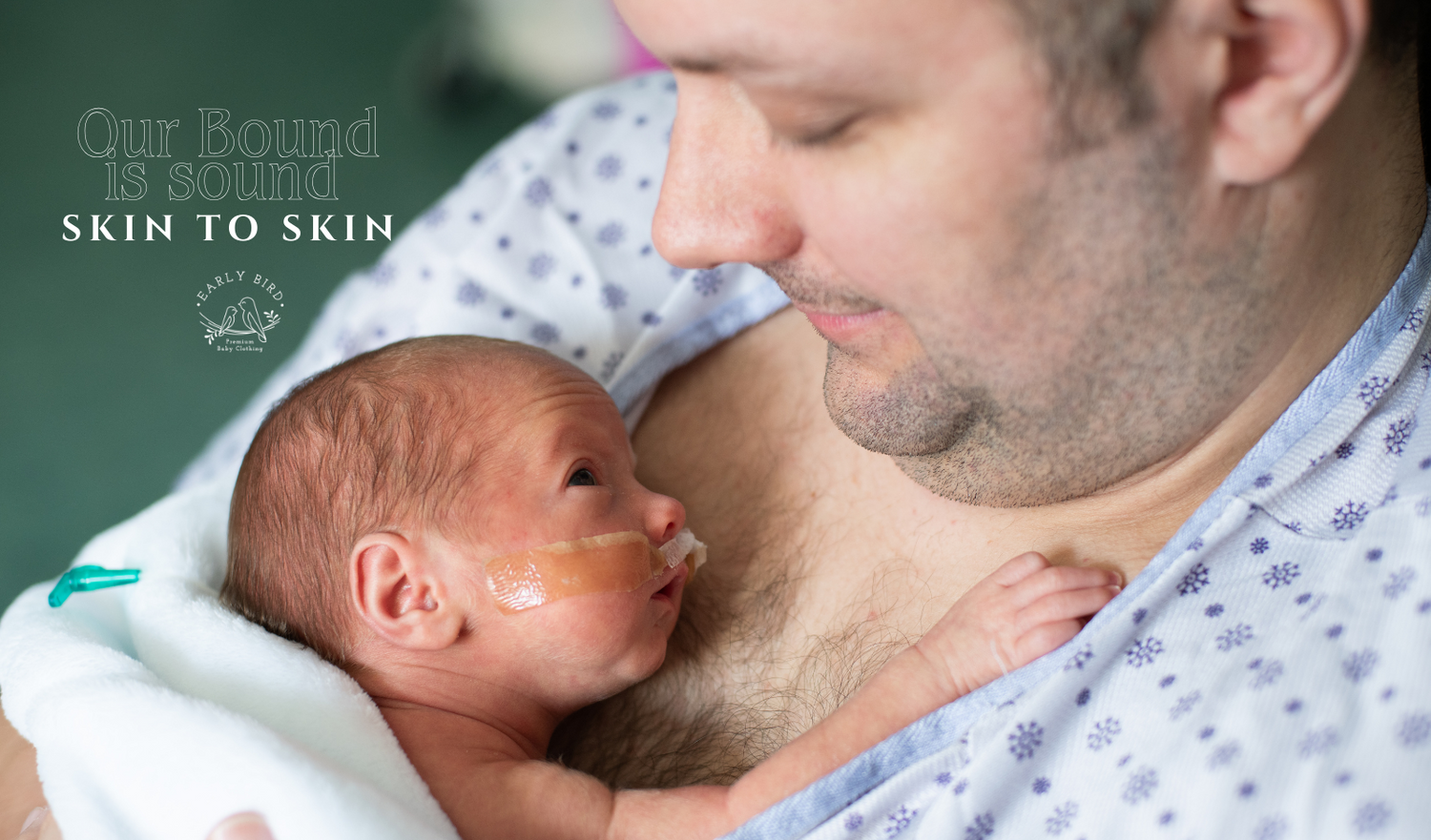Article: Let’s talk about Postpartum Depression
Let’s talk about Postpartum Depression
"The way I see it, if you want the rainbow, you gotta put up with the rain."
Postpartum depression or also called PPD is a common mental health condition that affects many new mothers. However, mothers of preterm infants are at a higher risk of developing postpartum depression than mothers of full-term infants. According to a study published in the journal Pediatrics, mothers of premature babies have a higher risk of postpartum depression than mothers of full-term babies. The study found that up to 28% of mothers of premature babies experience symptoms of postpartum depression, compared to 10% of mothers of full-term babies.
But, what really happens? During pregnancy, a woman's body undergoes significant hormonal changes. In particular, estrogen and progesterone levels increase dramatically to support fetal development. After childbirth, the levels of these hormones decrease rapidly, which may trigger chemical changes in the brain that contribute to postpartum depression. This more other factors like lack of sleep, stress, lack of social support, family history of depression, financial stress, and
difficulties adjusting to motherhood further increase the odds. Another factor may be healthy during pregnancy. This plays an important role because another study published in 2020 found that women with higher levels of inflammation in the body during pregnancy had a higher risk of postpartum depression. Researchers suggest that inflammation may be a biological factor contributing to depression. (1)
So, this is completely normal that this can happen to us, it is not a reason to feel guilty or less capable. By contrast, knowing what can happen and knowing the symptoms can help us identify it early and be able to work on it.
A longitudinal study by Williamson et al. in 2021 and, a prospective cohort study by Zhu et al. in 2020 identified several predictors of postpartum depression in mothers of preterm infants. These studies highlight the importance of providing ongoing support and monitoring for mothers of preterm infants, even after they leave the hospital. This part is very important, although the arrival home of our little ones is the most longed-for moment, it comes with many changes typical of maternity where we no longer have some help that they gave us in the hospital, which generates a greater challenge and is where should we be more attentive.
What can we and our families do to address postpartum depression?
Here are some tips:
- Seek support: Mothers of preterm infants may feel isolated and overwhelmed, so it's essential to seek support from family, friends, or a mental health professional. Organizations like March of Dimes and the NICU Parent Network can provide resources and emotional support to families with premature babies. For example, March of Dimes has an app My NICU baby APP that could help you, have different action plans for postpartum mental health.
- Monitor symptoms: In visits to the pediatrician, they will surely provide you with a survey, although we know that what you are most interested in is the health of the baby, being very honest with this survey can help you. Take the time to fill it out. Do not feel fear is completely normal.
- Practice self-care: You should try to prioritize self-care activities like exercise, healthy eating, and sleep. These activities promote your physical and mental health. Remember, if you are well your baby will be fine. Take your time and be patient with yourself, avoid generating comparisons with other stories or influencers, each one lives a different story and surely you do the best for your baby.
- Stay tuned: Any mood changes, such as crying frequently, having feelings of guilt, shame, loss of interest in activities, and being constantly irritated with excessive frustration is important to visit a medical provider.
And finally, be aware that the stage of life is temporary, take it one day at a time that you are surely doing very well.
[1] Osborne LM, Monk C. Perinatal depression—the fourth inflammatory morbidity of pregnancy? Theory and literature review. Psychoneuroendocrinology. 2020;119:104738. doi:10.1016/j.psyneuen.2020.104738


